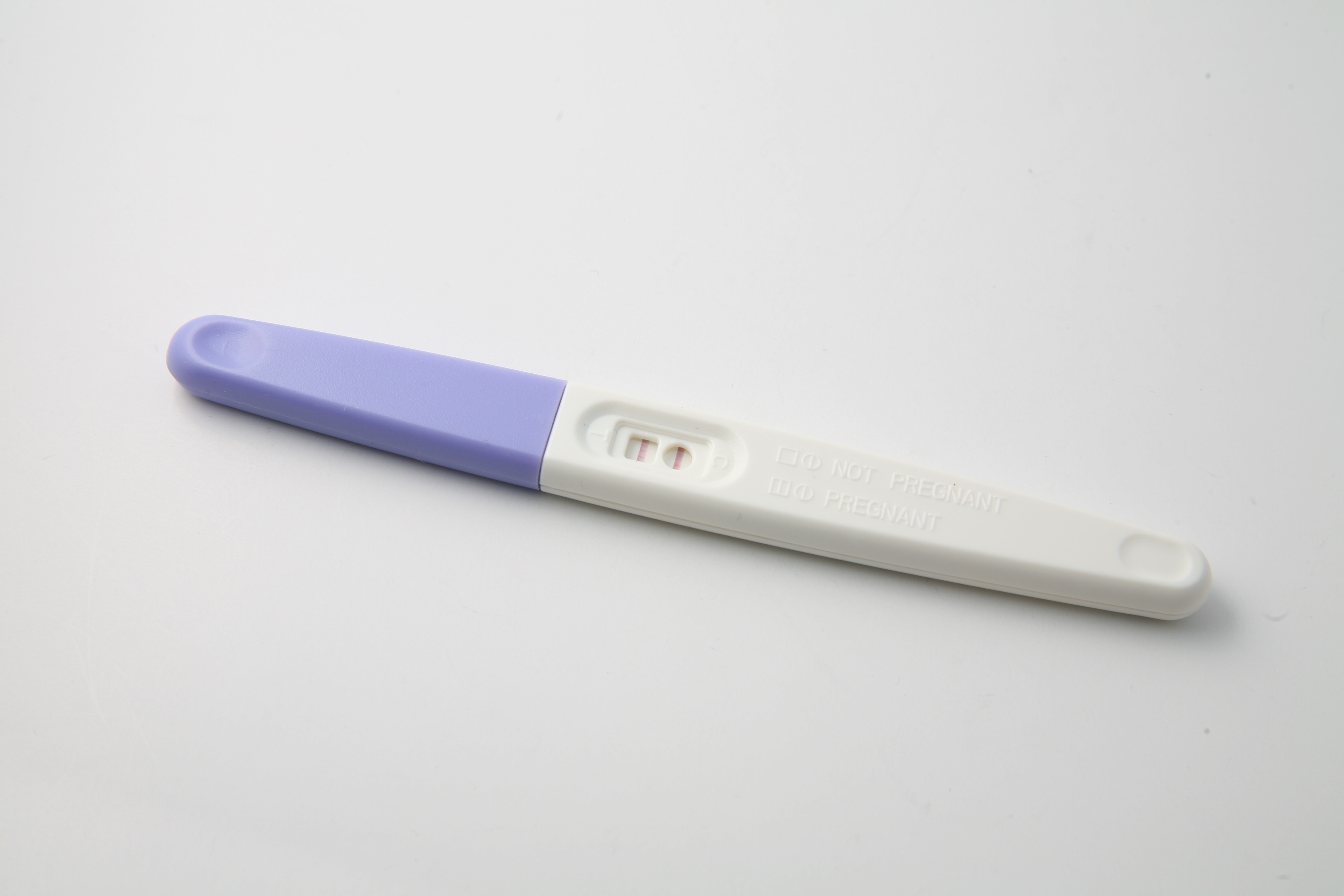Aggregated News

When Emma Goidel was denied coverage for her fertility treatments in September 2020, she was furious. A 31-year-old writer in New York City, Goidel and her partner were excited to try for a baby—and Goidel had begun intrauterine insemination (IUI) treatments to get pregnant that fall. But when she applied for those treatments to be covered by her partner’s Aetna Student Health Plan at Columbia University, she says she was denied—because she had not yet met Aetna’s definition of infertility.
The policy defines infertility as not becoming pregnant after 12 months of regular, unprotected heterosexual sex—or 12 months of therapeutic donor insemination. (The window shortens to 6 months if the person seeking to get pregnant is 35 or older.) Only then does Aetna’s plan cover IUI and in vitro fertilisation (IVF) treatments.
But Goidel and her partner are a same sex couple—their course of action to get pregnant is IUI or IVF. And they were told by Aetna, Goidel claims, that they would only receive coverage if they paid for the first 12 months of fertility treatments out of their...



